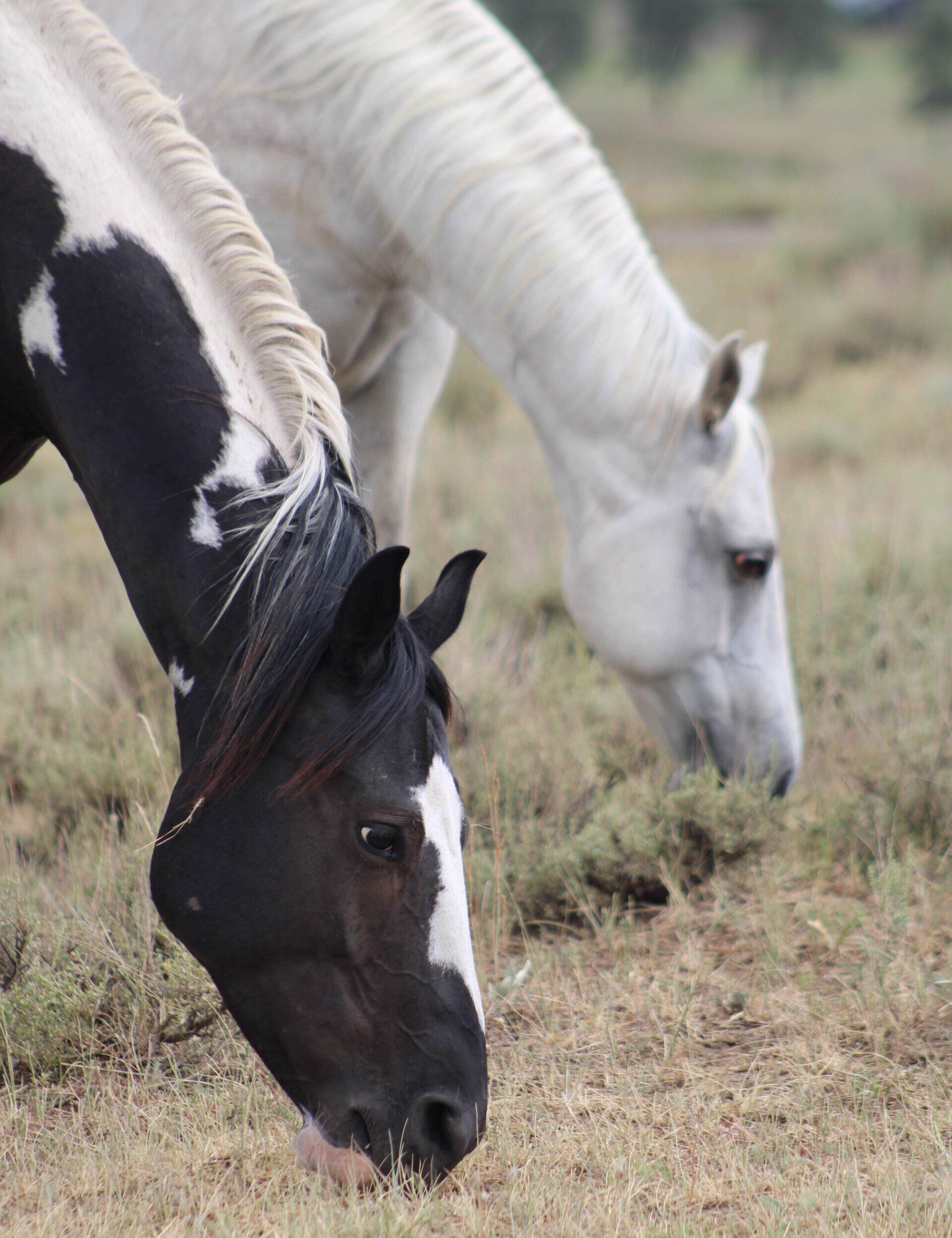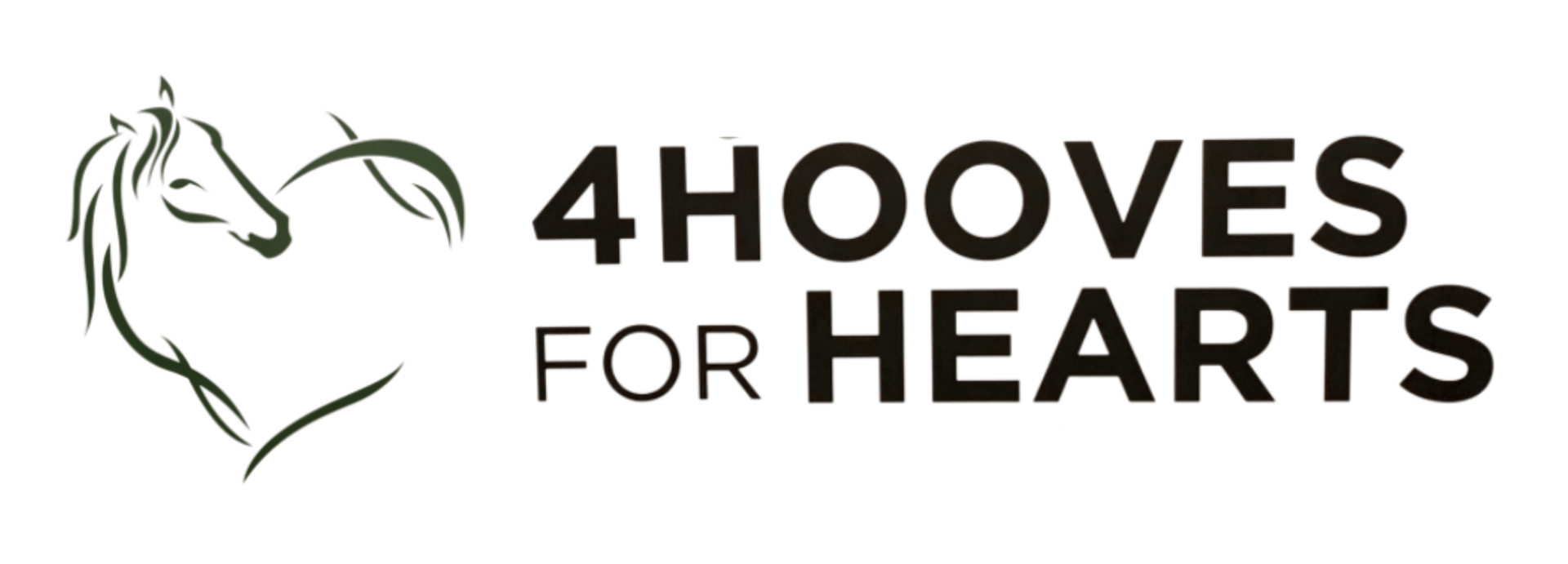Veterans & First Responder Programs
Veterans & First Responders + EAP
Horses are highly reactive and mimic human emotions - requiring calm and non-reactive communications which promotes emotional awareness, emotion regulation, self-control, and impulse modulation. Working with horses in a therapeutic setting offers instant and constant feedback to participants and is highly motivational – combining to make an exceptionally effective rehabilitation environment.
Equine Therapy has shown to be effective in treating patients, including combat veterans, with PTSD, depression, anxiety, attention-deficit/hyperactivity disorder, conduct disorders and other chronic mental illnesses. - Journal of the American Medical Association.

Until recently, addressing the mental health of soldiers has not been a priority for our country.
However:
*1 in 5 veterans suffer from PTSD and/or depression
*Roughly 70% of homeless veterans suffer from a substance use disorder.
*National data indicate that about 1 in 4 women and 1 in 100 men responded “yes” that they experienced MST (military sexual trauma), when screened by their VA provider.
Even more recently, we are beginning to recognize the mental health needs of our first responders:
*80 percent of firefighters report being exposed to a traumatic event.
*90 percent of police and EMTs report exposure to trauma.
*49 percent of first responders were offered “Psychological First Aid” after traumatic events.
*85 percent of first responders experienced symptoms related to mental health issues.
According to a 2011 Straits-Troster study, almost 40% of our returning troops suffer from depression, anxiety and PTSD. Not only do these poor mental health conditions negatively impact the lives of the veterans and their families, they can also increase the likelihood of unemployment, poverty, domestic violence, homelessness, and suicide.
A pilot study at Fort Carson, Colorado showed that equine therapy and learning reduced the risk of violence by veterans by 24%. Even more remarkable, the rate of suicide was reduced by 62%.
At
4 Hooves for Hearts
our goal is to
never have to say “No” to a veteran or first responder
who has made the effort to ask for help.

